The dental realm is quite familiar with the issue of bur corrosion. This comes about when the blade of a dental bur, which is mainly crafted of hardened tungsten carbide steel, degrades due to prolonged use and sanitation. As burs are small tools that help dentists create tooth shapes, break down decay, and enable restorations, any corrosion can reduce their efficacy and durability. Unfortunately, the acids used in sterilizing them can encourage corrosion on the cutting edges of the bur surfaces.
Metal and its environment often have a tumultuous relationship. When metal alloy is involved, such as in dental bur tools, the combination of chemicals used for sterilization can fast-track the deterioration. Hydrogen peroxide and alcohol are strong oxidizers, their ability to break down the alloy leading to pitting and corrosion. The introduction of water only exacerbates the situation, its presence potentially triggering rust.
The consequences of bur corrosion can be ultimately seen in an impaired performance. Cutters and shapers are less effective in manipulating the teeth, and thus accuracy and precision are diminished. Moreover, a greater application of strength is needed to cut, consequently resulting in a higher risk of bur breakage and deterioration. Corroded burs could even cause damage to the teeth and gums, such as imperfections in the enamel’s surface.
It is essential to adhere to the recommended sterilization processes to protect dental burs from corrosion. Examining them regularly and changing out ones that are beginning to deteriorate or corrode is also crucial. Placing them in a dry environment where no water is present is essential, since water can corrode their cutting surface. Furthermore, bur lubricants should be used as they help to deter wear and tear and prolong the life of the bur.
Ultimately, the dental industry is susceptible to dental bur corrosion; this can reduce bur performance and cause it to break more easily. Corrosion comes about due to the interaction between the metal and elements like moisture and chemicals used for sterilization. Taking proactive steps is critical to guard against this issue; routinely comply with sterilization guidelines, evaluate burs on a regular basis, and keep them in dry places. Additionally, lubricating burs can help guard against corrosion of their cutting surface caused by wear and tear.
In the dental profession, an unfortunate byproduct of improper bur selection, inadequate sterilization, and chemical reactions is the rising incidence of dental bur corrosion. All dental personnel should take the time to educate themselves on the sources of this corrosion, as well as ways to stop it from occurring.
Dental bur corrosion can easily occur when the wrong one is chosen. There is an array of burs available that are designed for different purposes, so it is important to select the most suitable one for the task. Burs made for soft tissue will not be able to cope with the strength needed for hard tissue and susceptibly corrode quicker. Additionally, a few burs hold abrasive particles which can lead to premature deterioration, so it is essential to pick the appropriate bur for the job at hand.
When it comes to dental bur corrosion, improper sterilization is a key factor. It is essential to adhere to the method outlined by the product maker. Creating a sterile environment requires an autoclave or another high-temperature approach, along with a germicidal disinfectant. Skipping this step can not only damage the bur, but may also contribute to near-certain cross-contamination.
Ultimately, dental bur corrosion can be traced back to chemical reaction. A range of elements in the environment, from salt to composite dental materials, may have a reaction with the bur’s metal surface and lead to corrosion. So, it is paramount to remain conscious of these reactive threats and take protective action prior to their occurrence.
Selection of a suitable bur, along with proper sterilization and storage after every usage, can aid in safeguarding against dental bur corrosion. Dental professionals must also be mindful of potential chemical reactions and undertake needed precautions to prevent any adverse occurrences. Such precautionary measures can provide assurance that their burs will always be of good quality–further ensuring that their patients are provided with superior care.
Related Product
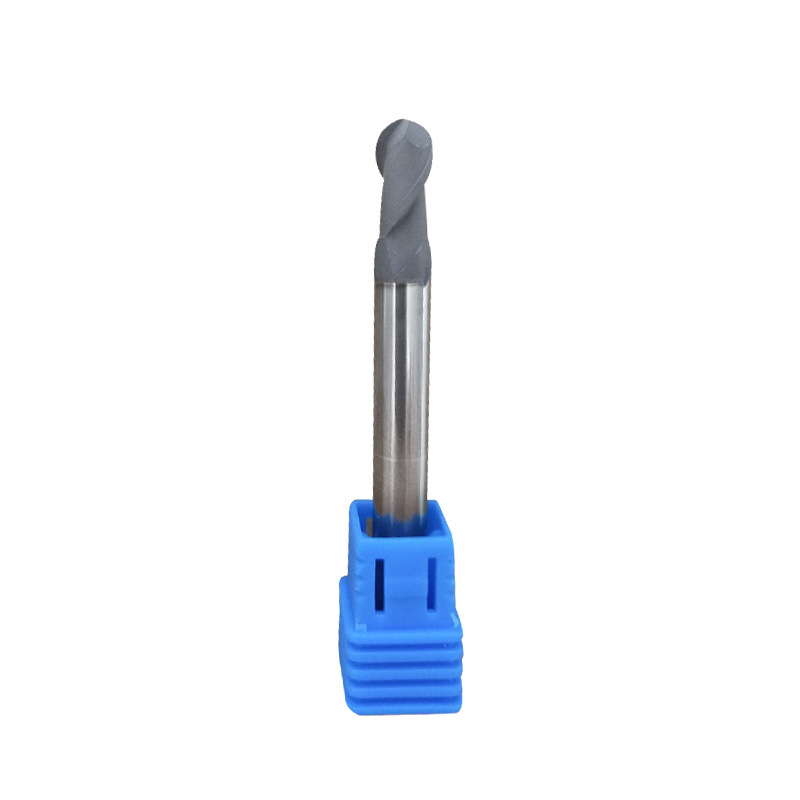
Diamond Coating Round Diamond Cutters
Product Information Origin Tianjing, China Series U Series Brand MSK Cutting Edge Form Helical Structure Ball Diameter (Mm) 3 Material Carbide Minimum Cutting Diameter At Th […]
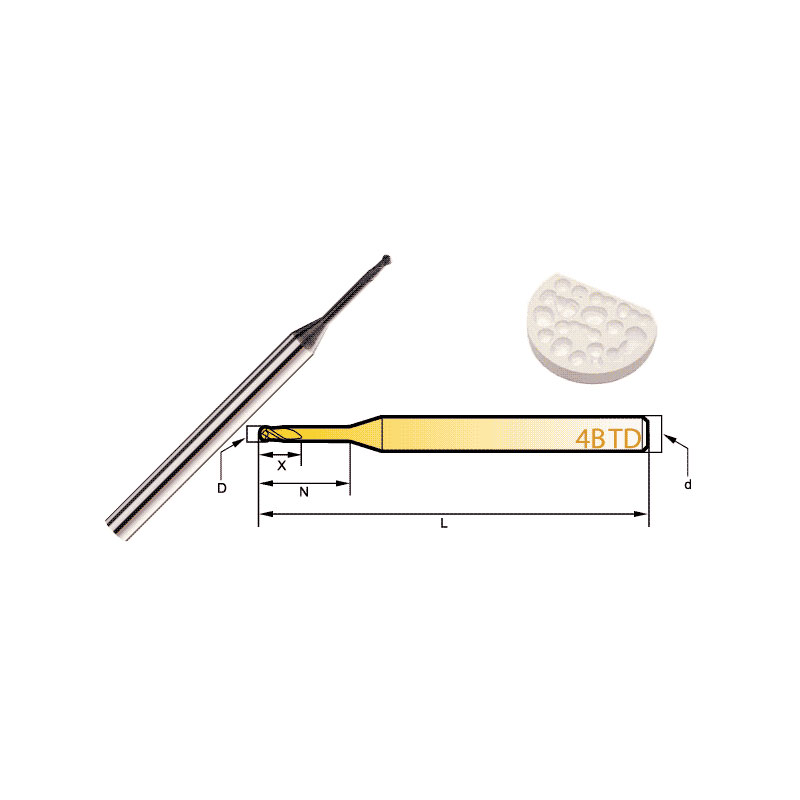
Diamond Bur Ball Round
Product Information Product Name Dental 4-Flute Ball End Mill Brand MSK Model D Number Of BladesZ X N L d 4BTD2060 2 4 6 6 50 3 4BTD2010 2 4 6 10 50 3 4BTD2016 2 4 6 […]
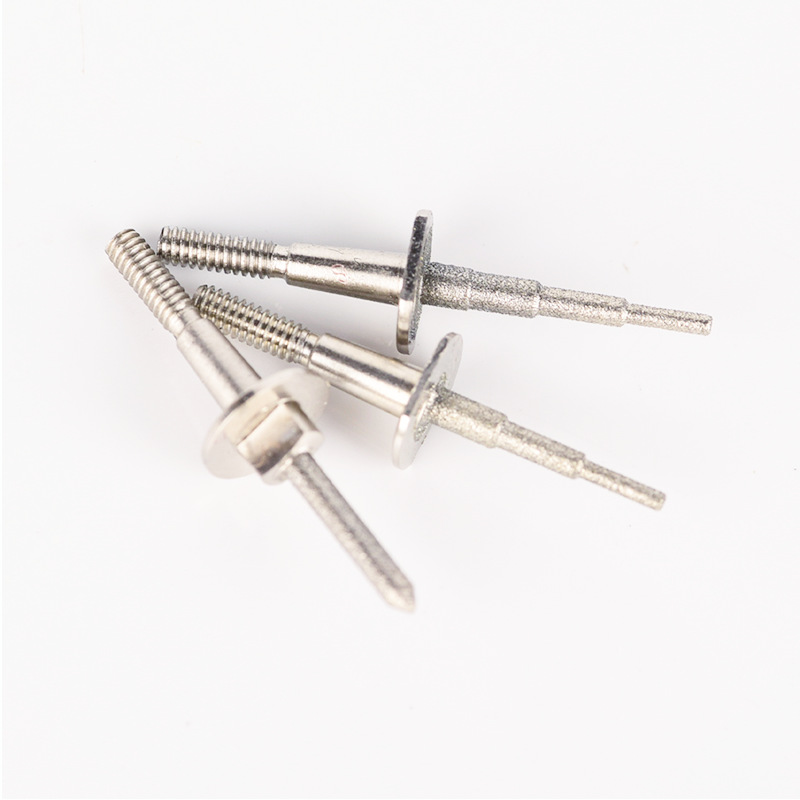
Step Bur Milling Bur Grinder for Glass Cerami
Product Information Origin Tianjing, China Shank Diameter 1.8 (mm) Brand MSK Scope Of Application CEREC3 Grinding Equipment Material Stainless Steel/Carbide Main Sales Areas […]
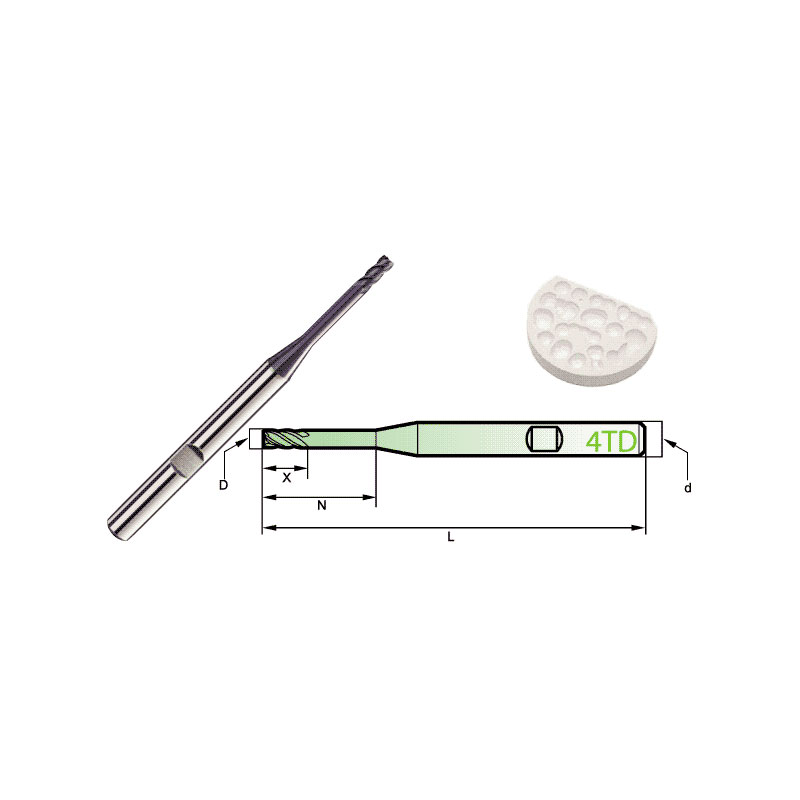
Carbide Roland CAD/CAM Burs
Product Information Origin Tianjing, China Brand MSK Number Of Blades 4 Product Name Dental Special 4-Blade End Mill Model D Number Of Blades Z X N L d 4TD2060HB 2 4 […]
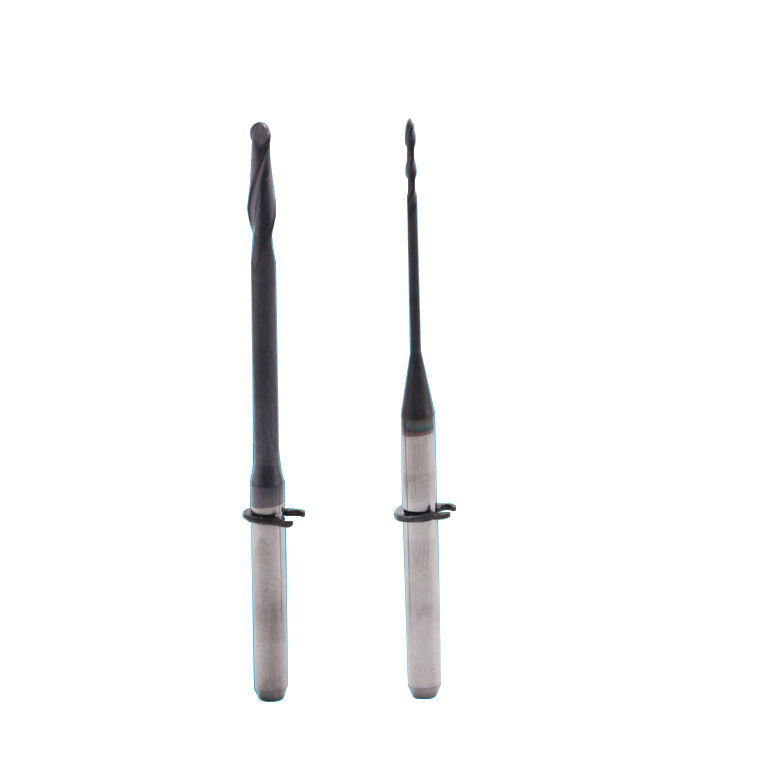
Dental CAD/CAM Milling Burs
Product Information Origin Tianjing, China Material Stainless Steel Brand MSK Applicable Machine Tools A Variety Of Options Custom Processing Yes Whether To Coat No Is It a […]
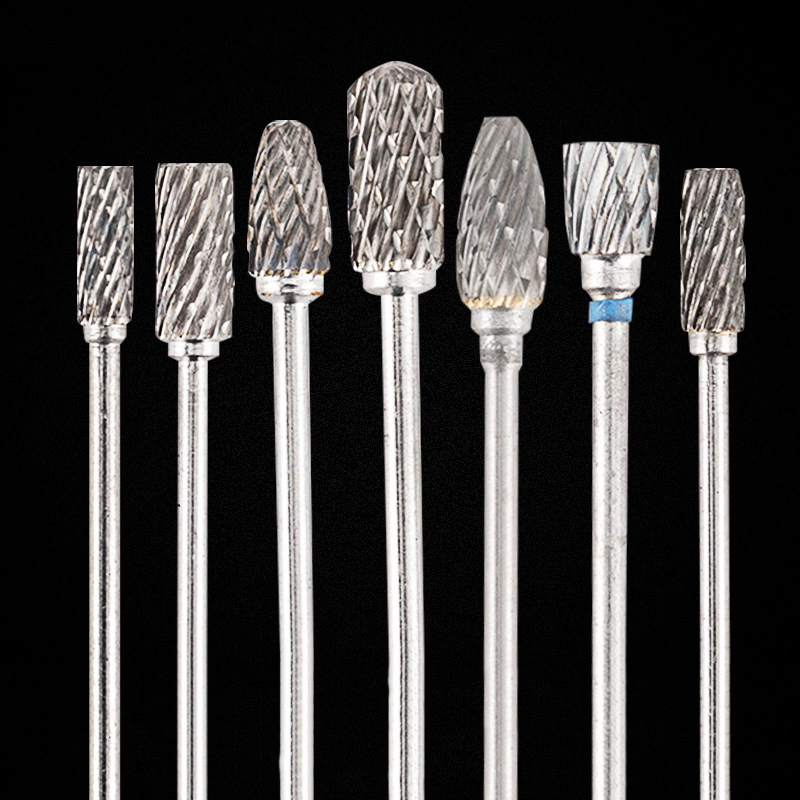
HP Deburring Carbide Burs
Product Information Brand MSK Material Tungsten Steel Model Grinding Head Custom Processing Yes Feature: The dental grinding head is made of tungsten steel with stabl […]
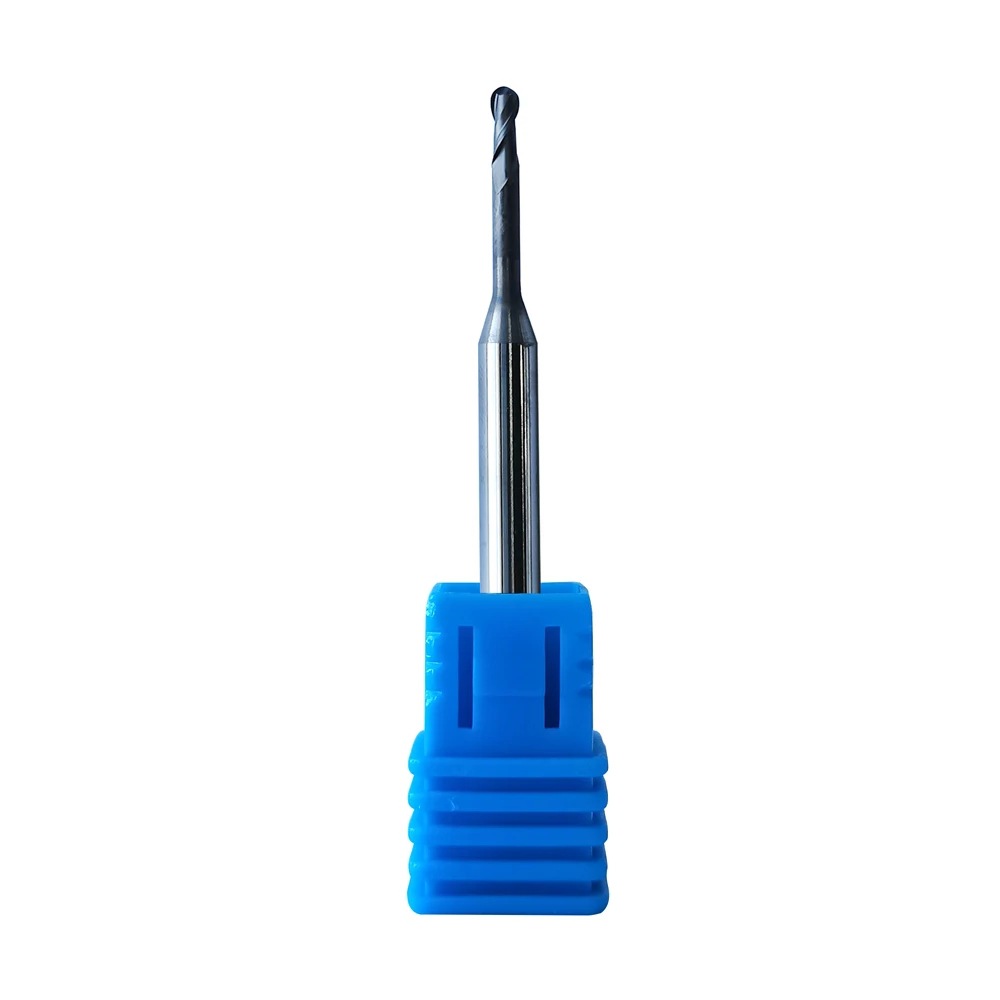
Supply Roland DLC Zirconia Burs
Product Information Origin Tianjing, China Series Dental Bur Brand MSK Cutting Edge Form 2 Blade/3 Blade Ball Diameter (Mm) 0.6, 1, 2 Material Very Fine Grained Cemented Car […]
Post time: 2023-07-17
